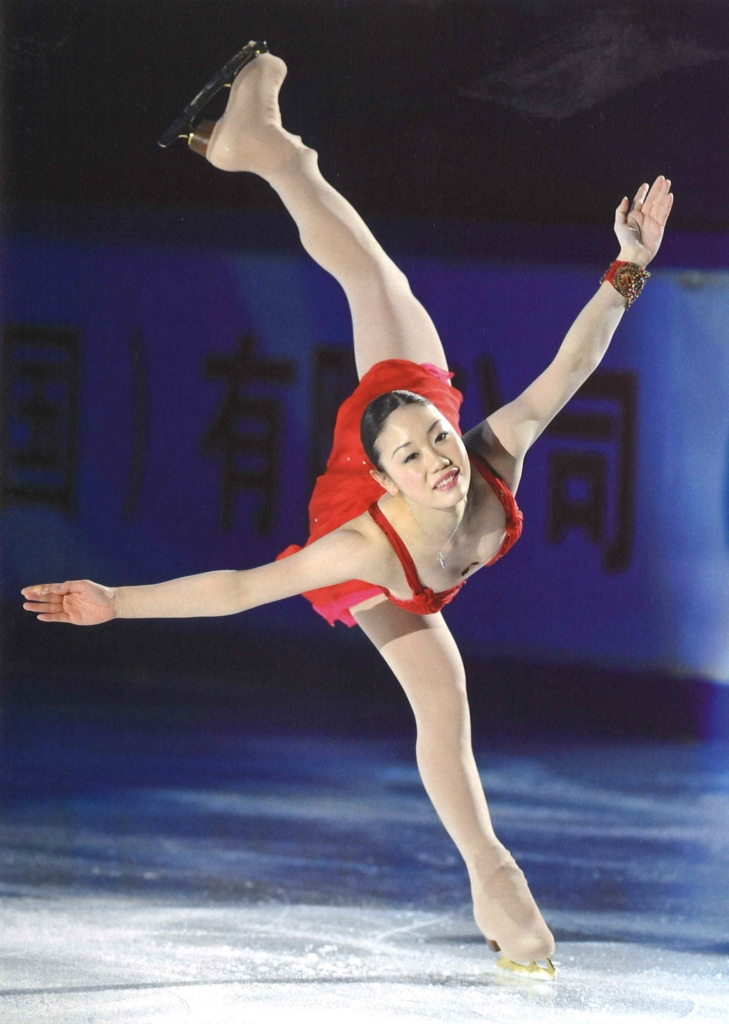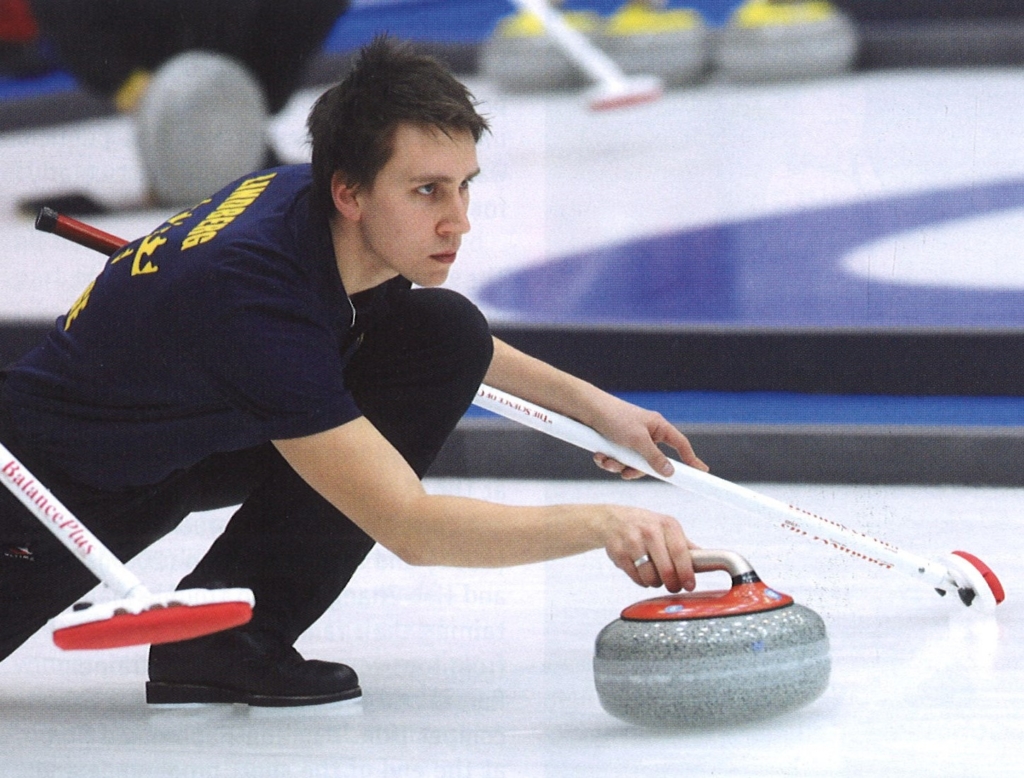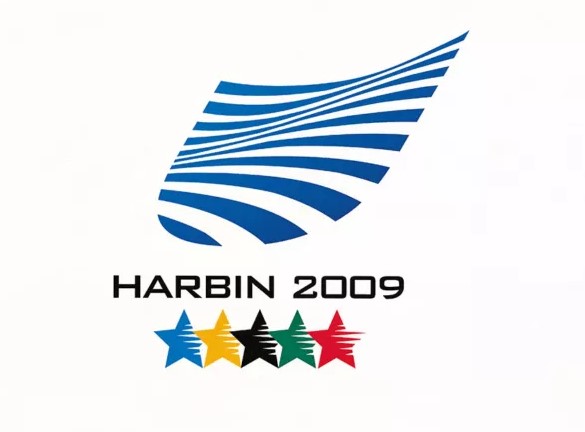The 24th Winter Universiade ran from 18-28 February 2009 in the northern Chinese city of Harbin. It was the first Universiade held in China since the summer edition in Beijing in 2001 and came just a few short months after Beijing hosted a spectacular Olympic Games in 2008.

While China had plenty of experience in staging ice sports, the same could not be said about snow sports. As a result, the local organisers held a long preparation phase in close collaboration with the International Ski Federation (FIS) and International Biathlon Union (IBU). The advice and training seminars from the international experts provided exactly the right kind of transfer of knowledge and the snow events were delivered faultlessly. This of course all bodes well for the Olympic Winter Games in Beijing in 2022!
The Swiss contingent apparently found the conditions most to their liking, winning 7 of a possible 11 gold medals in Alpine skiing. The country’s Sandro Boner walked away with the men’s super G, downhill and combined titles, compatriot Dmitri Cuche ruled the slalom and giant slalom events, while Tamara Wolf added two gold medals of her own in the super G and downhill.
Russia cleaned up in the biathlon and cross-country ski events – the winter sport juggernaut winning every gold medal in the latter – while Japan led the way in ski jumping. Two optional sports were on the programme: long-track speed skating and freestyle skiing. Synchronized skating made its debut along with women’s ice hockey as mandatory sports, with Canada cruising to gold in hockey, going 7-0 in the tournament and outscoring its opponents 46-7 along the way.

China and South Korea shared every gold medal in short-track speedskating, and almost did the same in long-track, the only exceptions being the Netherlands winning the men’s 5,000m and 10,000m, Poland winning the men’s team pursuit and Japan winning the women’s 1,500m. In total, China and South Korea won 10 gold medals each in the two disciplines.
The medals table definitely had an Asian flavor to it, with Russia winning 51 medals, followed by China (48), South Korea (28) and Japan (20). Switzerland’s seven Alpine skiing golds helped them finish 5th overall, with 14 medals.
In the end, Harbin and its neighbouring cities of Yabuli and Maoershan banded together to put on a magnificent Games that featured 2,831 participants from 44 countries. “When the curtain fell to close the Games of this wonderful university event,” FISU President George E. Killian recalled afterward, “all one could say regarding the event was that it was the best Winter Universiade we have ever witnessed.”
Key facts
44 Countries participating
1,545 Athletes participating
12 Sports
